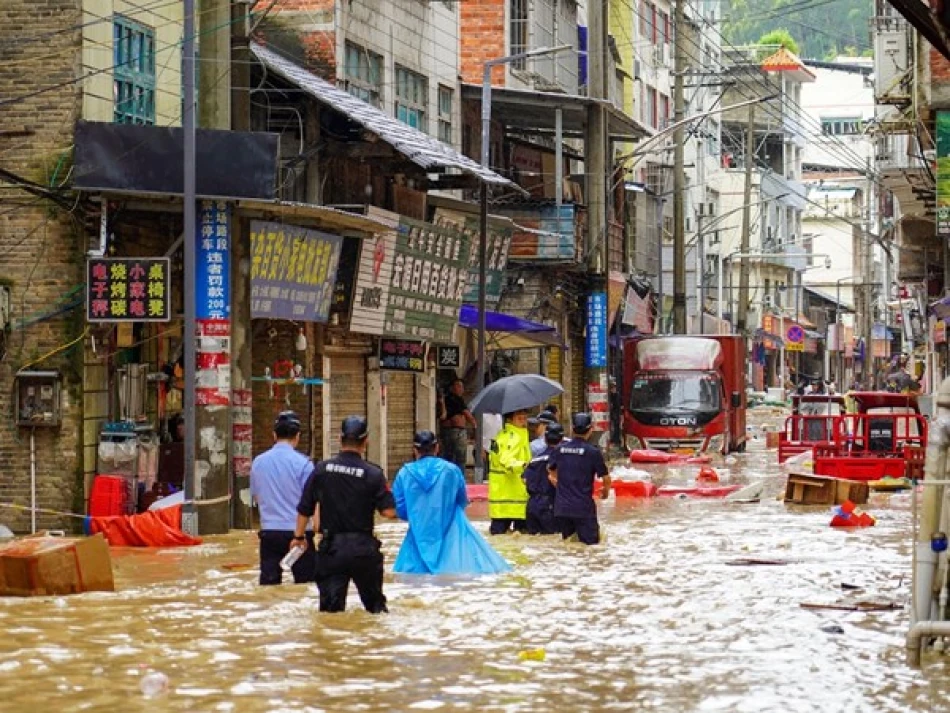
Beijing Escalates Flood Preparedness Measures to Safeguard Residents
Beijing Battles Historic Flooding Crisis as City Raises Emergency Alert to Maximum Level
China's capital has escalated its flood response to the highest emergency level, suspending critical transport services and tourist attractions as authorities prepare for potentially catastrophic water releases from a major reservoir. The dramatic measures underscore Beijing's vulnerability to extreme weather events that have increasingly challenged China's megacities in recent years.
Transport Networks Paralyzed as Waters Rise
Beijing authorities have suspended multiple train and bus services across the city as floodwaters threaten key infrastructure. The transport shutdown affects millions of daily commuters and highlights the cascading economic impact of extreme weather on China's political and financial center.
Several major tourist destinations have been closed indefinitely, dealing a fresh blow to Beijing's tourism sector that was already recovering from pandemic-related disruptions. The closures signal that authorities expect the flooding situation to persist for an extended period.
Controlled Water Release Adds New Risks
In a critical flood management decision, authorities announced they would begin releasing water from the Miyun Reservoir around 3 PM local time. This controlled discharge from Beijing's primary water source represents a calculated risk—necessary to prevent catastrophic dam failure but potentially exacerbating downstream flooding.
The Miyun Reservoir decision reflects the delicate balance Chinese authorities must strike between protecting critical infrastructure and managing immediate flood risks. Similar reservoir management challenges have faced other major Chinese cities during extreme weather events.
Climate Patterns Challenge Urban Planning
Beijing's flooding crisis mirrors broader challenges facing Chinese megacities as climate change intensifies extreme weather patterns. The capital's rapid urbanization over recent decades has reduced natural water absorption capacity, making the city more vulnerable to sudden deluges.
This latest emergency follows similar flooding disasters in other Chinese cities, including devastating floods in Henan Province in 2021 that killed hundreds and caused billions in economic damage. The recurring pattern suggests China's urban infrastructure may require fundamental redesign to handle increasingly severe weather events.
Economic Implications Beyond the Capital
The Beijing shutdown carries national economic significance given the city's role as China's political hub and a major financial center. Transport disruptions could affect supply chains extending far beyond the capital, while the emergency response diverts government resources and attention from other priorities.
For international observers, Beijing's flood response offers insights into China's crisis management capabilities and infrastructure resilience—factors that could influence long-term investment decisions and supply chain strategies for multinational corporations operating in the region.
Most Viewed News

 Layla Al Mansoori
Layla Al Mansoori






